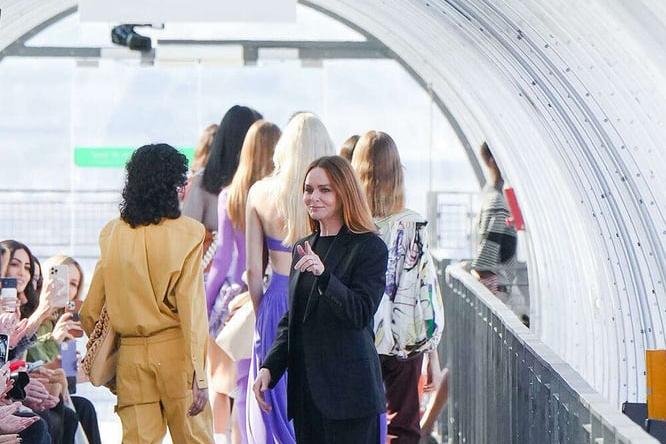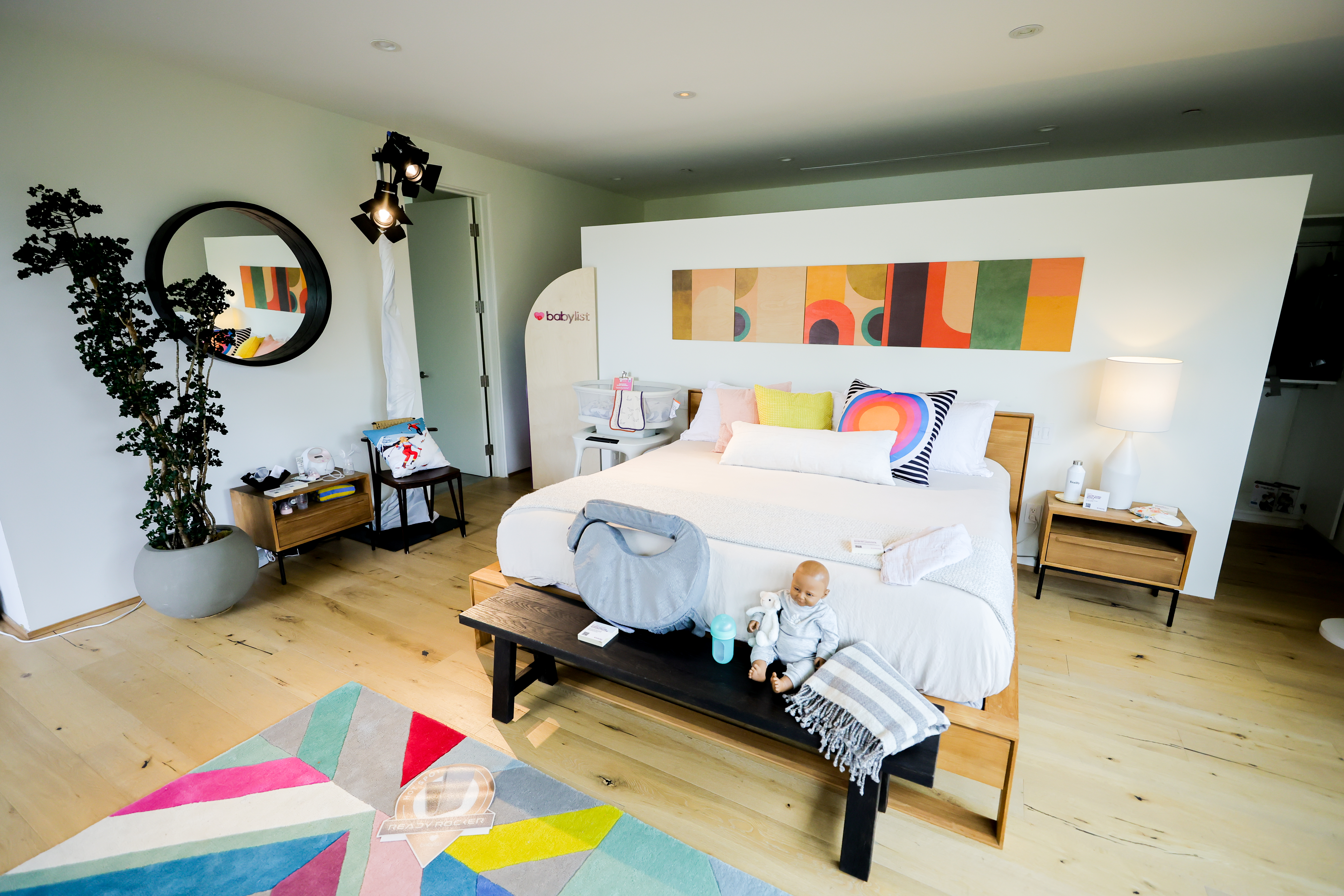Stella McCartney reduces losses while revenue increases

Stella McCartney Limited's latest financial year results showcase a resurgence from pandemic impacts, though the company still remains in a state of net loss.
Despite their relative size, the McCartney and Victoria Beckham brands draw broad attention for their presence in the luxury market, which exceeds the scope of their operations.
McCartney's business results showed revenues leaping 23% to a little above £40 million, a significant rise from the £32.5 million turnover recorded in the preceding year.
A closer examination of the revenue figures revealed that profits shared with Stella McCartney Italia SRL amounted to £22.8 million, making up 57% of the total revenue. Royalties rose to £10.8 million, or 27% of revenue, boosted by an additional £3 million cash inflow from the Stella McCartney Kids license, in association with Simonetta SpA signed in 2021. Physical store sales also increased to £6.3 million, representing 16% of the total revenue.
Despite these gains, the firm still fails to turn a profit. Even so, its operating loss saw a significant reduction, with the latest figures showing £8.76 million, a considerable fall from the previous £30.3 million. This improvement is attributed to significant enhancements in the gross margin, triggered by "adjustments in business formula" and a 17% decrease in operational expenses, following cost and structural rationalization.
Pre-tax and net losses amounted to £10 million, down from £32.7 million reported in the earlier period. The normalization of consumer fashion shopping after pandemic-related falls heavily influenced these figures. However, the strategic plans initiated in 2020 also had an impact.
The company maintained its commitment to enhancing brand appeal through "the most desirable products", with focus on strong fashion and sustainability values. This included continuing successful artistic partnerships with Franck Stella and Yoshimoto Nara. McCartney's long-term partnership with Adidas was renewed, alongside the introduction of skincare products in August.
No new stores were launched, maintaining the total of directly-operated stores at two. Nonetheless, the brand focused on like-for-like businesses and local clienteling initiatives to compensate for the low levels of international tourism. Moreover, online customer experience saw continuous improvements throughout the year, following the ending of their partnership with YNAP in 2021.




